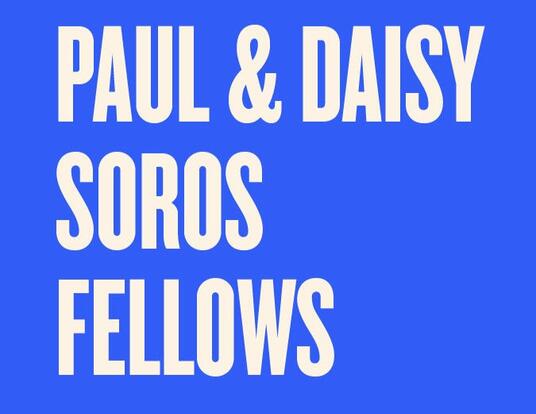Notes from a Writer's Desk: The Many Lives of the Sonnet

In the world of academia, we all must write. Writing is a primary path to sharing knowledge, but the paving is arduous, the process slow. Often, writing comes to be viewed as simply a blunt tool to disseminate research, a mechanical means to an end. Lost, in this, is a true appreciation for writing in itself, an attention to the potency and wisdom that lie in this ancient technology. If the very grind bespeaks a passion, then a change of perspective still can be refreshing. Along these lines, I was reminded recently of writing’s ability to inspire profound reflection, and in doing so, to form unexpected communal bonds, when I attended a webinar hosted by Theater of War Productions: a reading and discussion of “Those Winter Sundays,” Robert Hayden’s poignant 1966 sonnet.
As an Italianist who has dedicated much of my research to Petrarch, I find in the familiar form of the sonnet a comforting presence, but I was surprised (pleasantly) to learn that one would be the focus of a broader audience. To me, the sonnet’s greatness stems from the power and paradox generated in a mere 14 lines of verse—at once an intimate utterance of the lyrical speaker, and a universal expression of the human condition itself. The enchanting melody of Petrarch’s fourteenth-century sonnets—achieved by his exquisite control of form as well as his linguistic sensibilities—only intensifies the poignancy and pathos of his sighs. If it is difficult to match the sonority of Italian verse in English sonnets, then Shakespeare and John Donne certainly crafted beautiful compositions, while other contained forms, such as the five stanzas of Robert Frost’s oft-quoted “The Road Not Taken,” might achieve similar effects.
Yet, while the rhythm of language is critical to the cadence of poetry, the poetic voice transcends language and time. The ability of poetry, and particularly the sonnet, to speak both in its own time and in the present of the reader instills it with inexhaustible life, a breathing being with boundless potential. This became evident in the dialogue evoked by Hayden’s words: one that touched upon complicated family relationships, the regret of unspoken words, the “austere” office of parental love, the racial and social disparities that haunt us now, as then. In the deeply personal responses, a group of disparate individuals found common ground, common humanity. Indeed, the painfully cold house of the young speaker is especially pertinent during this long winter of our pandemic-driven discontent, a winter which might recall Shakespeare’s fifth sonnet, where “never-resting time leads summer on / to hideous winter, and confounds him there.” Yet in our case, time seems to be stuck in an infinite loop within hideous winter—in psyche, if not climate.
Shakespeare’s final tercet suggests a way to bottle some of that beauty. But the essential substance that we (the readers) might preserve from such poetry is distilled in the very words themselves, or if not the words, in the effect that they produce upon the soul. This is not to say that we all should strive to be the next Shakespeare, or poets of any kind, but we can, in our own ways, embrace the existential spirit of writing, for in everything we write, academic or otherwise, we impart a little bit of ourselves. Personally, I am heartened by recent efforts to revive the value of poetry, evident in the acclaim Harvard graduate Amanda Gorman received for her resounding inaugural poem. Far from a mere diversion or an obscure practice, poetry generates critical reflection and fosters dialogues that otherwise remain locked deep within our souls—an effort needed now more than ever in a world so cynical, yet connected as never before. As the great Billy Collins once remarked, poetry is the only full history we have of the human heart. It is an apt time not only to grant proper consideration to that history, but to contribute our own verse.
Get the Latest Updates
Join Our Newsletter
Subscribe to Colloquy Podcast
Simplecast Stitcher





